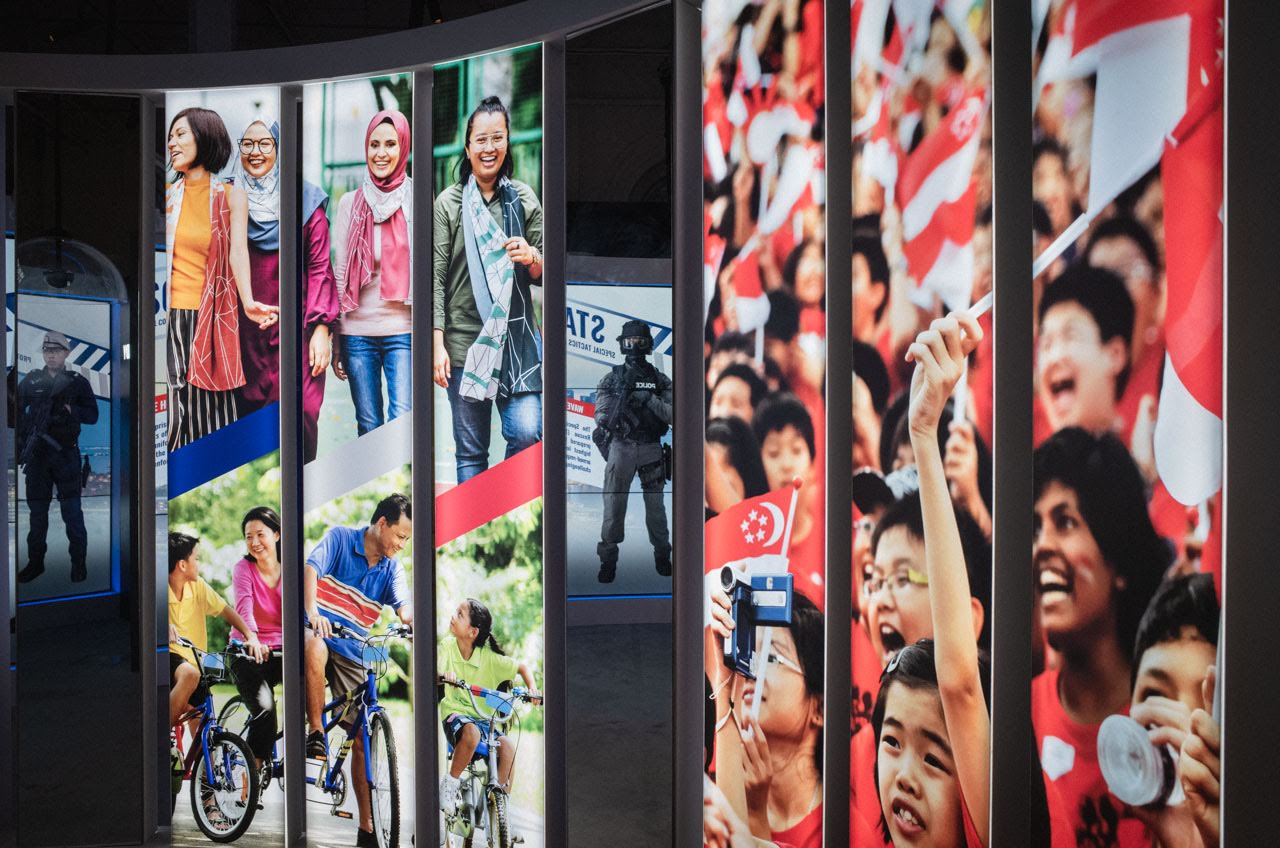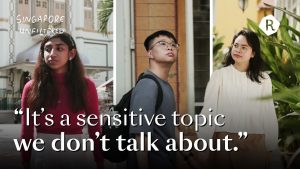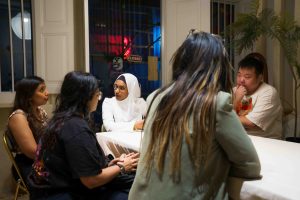Top image: Zachary Tang/RICE File Photo
In a recent CNA documentary, Regardless Of Race: 5 Years On, participants were asked to review identical resumes of job candidates from different races and recommend a monthly salary between S$2,800 and S$3,562 for them.
The show’s host, Senior Minister of State Janil Puthucheary, later disclosed that these hirers recommended almost S$270 less for a Malay candidate than their Chinese counterparts.
The finding caught the original researcher by surprise when Dr Puthucheary asked if the outcome of the social experiment concurred with his investigation.
“This was worse than what I have found in my study,” said Dr Peter Chew of James Cook University, who first examined the effects of race on hiring decisions.
This sobering revelation on racial bias is based on a survey CNA conducted with the Institute of Policy Studies, their second in six years. Polling more than 2,000 Singapore residents, the 255-page survey report revealed some key contemporaneous findings, such as the tendency of landlords to rent their properties to tenants of the same race and more Singaporeans considering racism a critical problem—56 per cent now compared to 46 per cent in 2016.
New questions from new developments
Still, the new findings in the 2021 survey was striking, especially when they are more sophisticated and go beyond the standard low-hanging fruits of convenient race ideologies, delving instead into interactions and behaviours between different races.
Respondents were asked, for instance, if the Chinese community as an ethnic majority has forgone many of their racial or cultural practices and privileges. This new issue shouldn’t come as a surprise, as we saw this play out in the last two years when the term “Chinese privilege” was first bandied about.
“Chinese privilege” was later dismissed as “baseless” by Prime Minister Lee Hsien Loong in his National Day Rally last August.
The three IPS researchers and designers of the survey explained the impetus behind this question on page 45 of the report. They reasoned that the question was crafted based on discussions in the public sphere where some Chinese residents, contrary to the “Chinese privilege” narrative, felt that they had to give up some of their privileges during the nation-building years, citing the closure of Nanyang University (also known as Nantah) and Chinese medium schools, among others.
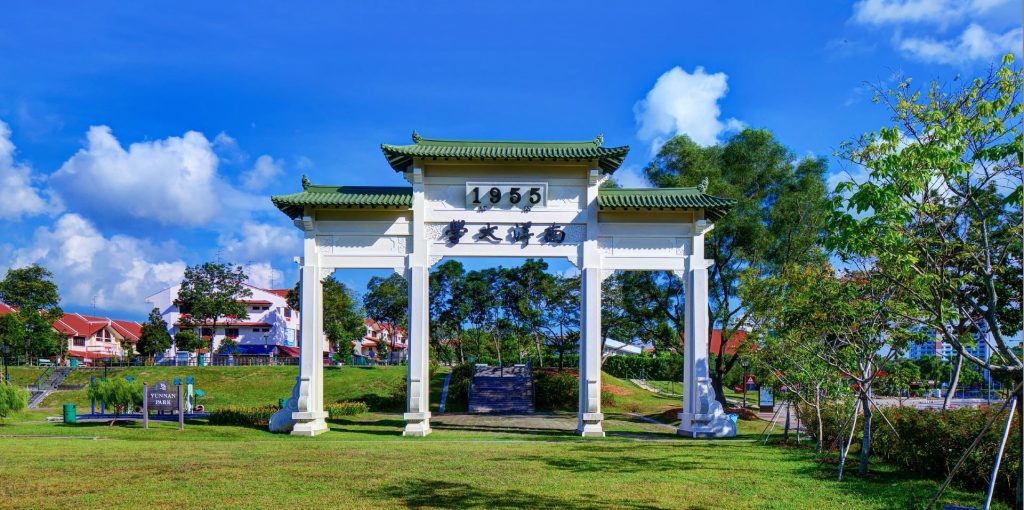
Although 69.5 per cent of respondents disagreed or strongly disagreed that the Chinese have given up much of their practices and privileges, the historical sacrifices by the Chinese community remain a reality.
With the eradication of dialects and the move toward an English-speaking society, some Chinese-educated Singaporeans were left behind and disadvantaged till today.
There’s a possible explanation for this finding, though. “Perhaps few respondents are familiar with the significance of those early concessions made locally by the Chinese community,” the researchers wrote in the report. The concessions, in the form of policy changes, came about more than four decades ago, long before the younger respondents were born.
The lack of resonance from a void of lived experience is maybe why opinions diverged even among Chinese respondents. After all, the relinquishment of privileges mainly involved the Mandarin speakers. Among them, Mandarin speakers are more likely to feel that their tribe has given up many practices (35.1 per cent) compared to their English-speaking counterparts (27.9 per cent).
All along, the Chinese-educated Singaporeans have remained silent about their plight, recognising the sacrifices they had to make for the greater good. The accusation of “Chinese privilege” therefore, lead many to speak up as old wounds reopened.
Rather than use a survey finding to ascribe responsibility to a specific group or deny their lived reality, the more meaningful takeaway is greater empathy and understanding of those who express a particular opinion. More often than not, there’s a history behind it.
Looking to the government for guidance
Where race is concerned, 88.8 per cent of respondents in the 2021 survey preferred political leaders to lead the discourse and help solve social issues.
But there might be a good reason why Singaporeans still prefer to be more cautious, with a majority (58.6 per cent) worried that discussing race will lead to unnecessary tension. It’s a worry that is justified, with 52.6 per cent of respondents feeling that minorities are getting too sensitive when people talk about racial issues.
While this wasn’t mentioned in the report, we should also remember those older post-war respondents polled in the survey—more than 20 per cent of them—could have somewhat skewed the results, as they are seniors who have lived through the racial riots of the 1960s and might still recall the pain from that era.
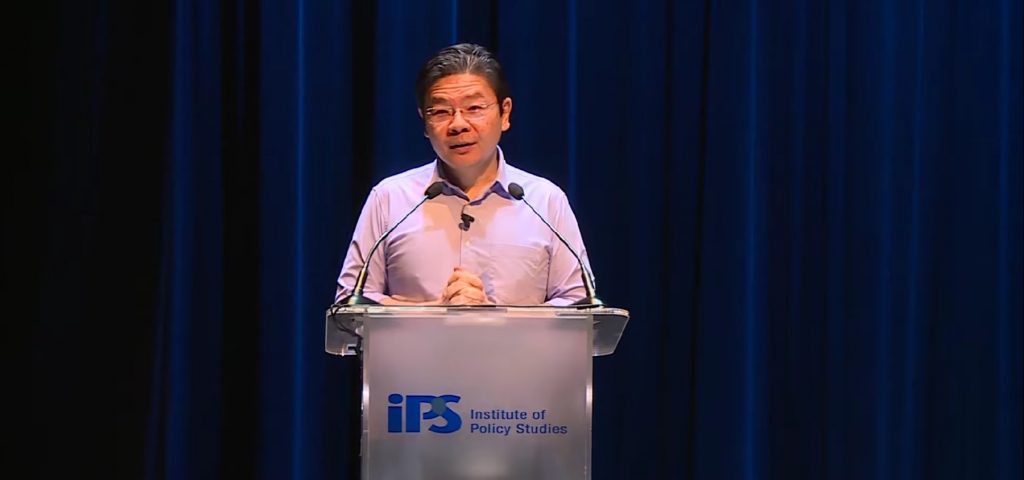
The trauma could have led to their more-conservative stance regarding racial discourse. They prefer to count on leaders who should know better and lean on them to oversee and moderate the conversation instead of a carte blanche approach where people might articulate their opinions disrespectfully or insensitively without restraint. They might perceive the latter to be more chaotic and jeopardise our racial harmony.
Since, evidently, Singaporeans are more inclined to have the government lead the conversation on race, it behoves them to use this political capital to talk about race more meaningfully.
The misplaced obsession with the PM’s race
On the subject of premiership, the study also points to changing attitudes towards the idea of a non-Chinese leader, first examined in the 2016 iteration. Now, more respondents are receptive to a Singaporean-Malay (69.6 per cent now vs 60.8 per cent in 2016) or Singaporean-Indian (70.5 per cent vs 64.3 per cent in 2016) as PM.
The fixation with the race of a future PM is for nought because voters have no say in its selection under our Westminster parliamentary system. Instead, it is an internal party decision—the leader of the largest political party in Parliament will automatically become the PM.
Still, that’s not to say that the findings are entirely meaningless. What it shows—and rather strongly at that—is the shifting acceptance of a non-Chinese PM, which runs contrary to what the political leadership has cited ad nauseam. The claim that Singaporeans are not ready for a non-Chinese PM, based on findings from the 2016 survey, is now moot.
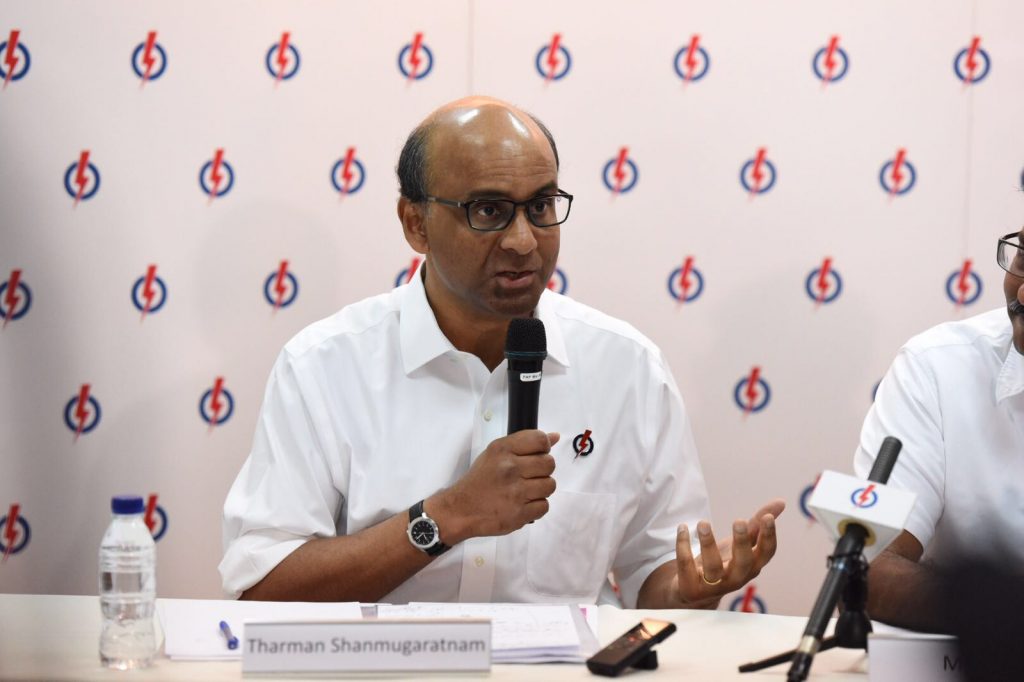
And if the results of the recent general election are of any indication, Singaporeans have given ringing endorsements to politicians who are non-Chinese.
Tharman Shanmugaratnam’s Jurong constituency, for instance, remains the best-faring at 74.6 per cent of total votes, even though the Senior Minister is not Chinese. On the Opposition side, voters have given the Workers’ Party a boost, from six elected seats in 2015 to 10 in 2020, in Pritam Singh’s first electoral outing as WP chief, even though he is an Indian. His Aljunied constituency, with three out of five minority MPs, saw its votes increased from 50.9 per cent in 2015 to 60 per cent in 2020. On the other hand, the defeated PAP slate only had Shamsul Kamar as the sole minority candidate.
There’s little to debate on where the race of a PM is concerned, except to ask: Is it Singapore that isn’t ready for a non-Chinese PM, or is it the PAP that isn’t ready for a non-Chinese PM?
What now, moving forward?
The study’s findings may not be the optimistic or chest-thumping ones we are looking for. There are still signs of racial bias, such as the unwillingness to rent rooms to those from a different race, the preference for someone from the same race or a Singaporean Chinese to manage one’s business, and the preference to have a Singaporean Chinese superior at the workplace. Additionally, Singaporeans are still unable to reach a consensus on the existence of a majority privilege in society.
That said, it’s a stretch to think the researchers intended for the study to slant in a particular direction. On the contrary, the study was meant to be a candid and retrospective investigation of how race relations have evolved since six years ago.
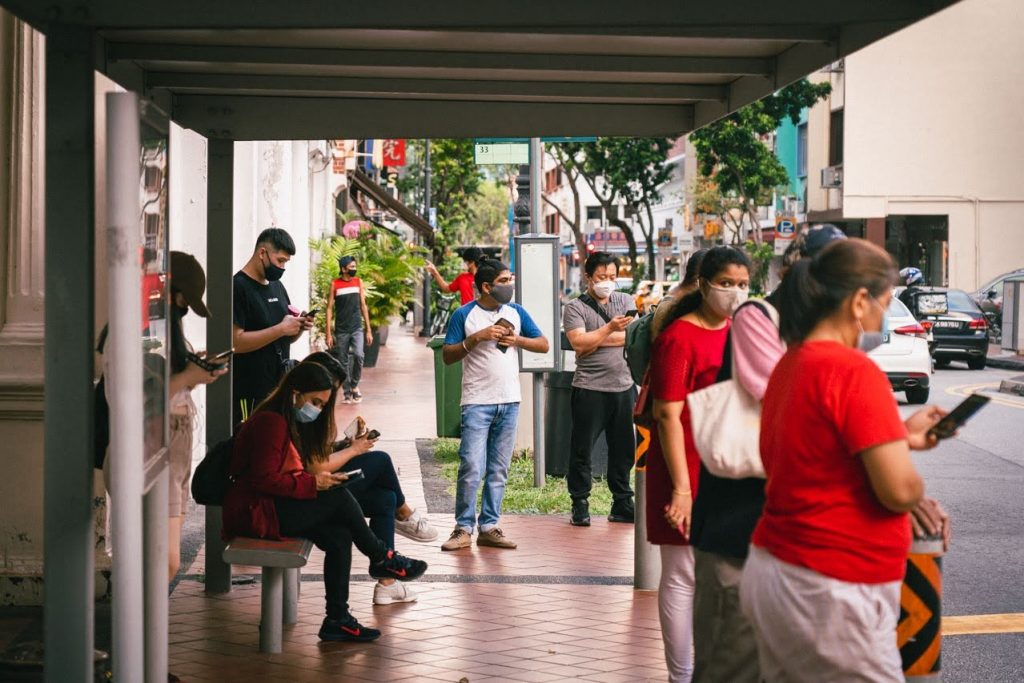
We could opt to be overly cynical and conclude that some of these worrying findings are harbingers of more significant cracks in the future. To some extent, I would agree, but only if we ignore the less-than-ideal conclusions and refuse to improve the state of affairs.
And while the findings may not be as rosy as we would like them to be, we can take heart that at least we are now more willing to shatter the long-standing taboo surrounding race.
More than 56 per cent of the respondents now consider racism an important problem, compared to 46 per cent in 2016, indicating a greater awareness of racial bias and injustice in our lives and possibly, a greater will to challenge it. The leadership has also recognised it as an issue, even as they stopped short of tackling it decisively.
The only way forward is to continue the conversation and learn how to navigate the change and continuity of race relations. It’s almost impossible to sweep this topic under the carpet at this stage. If our racial harmony is as robust as the state has claimed, we should not be fearful of talking about it.

